While a nuclear attack is improbable, there is still a chance it could happen. With warring countries continuously fighting each other, scientists in secret locations experimenting on who knows what, anything could happen, to be honest.
And we’re not here to instill fear in you but to entertain and teach you a thing or two about the end of the world and how to prepare for it!
Here are 25 Things You Need To Do To Survive A Nuclear Attack
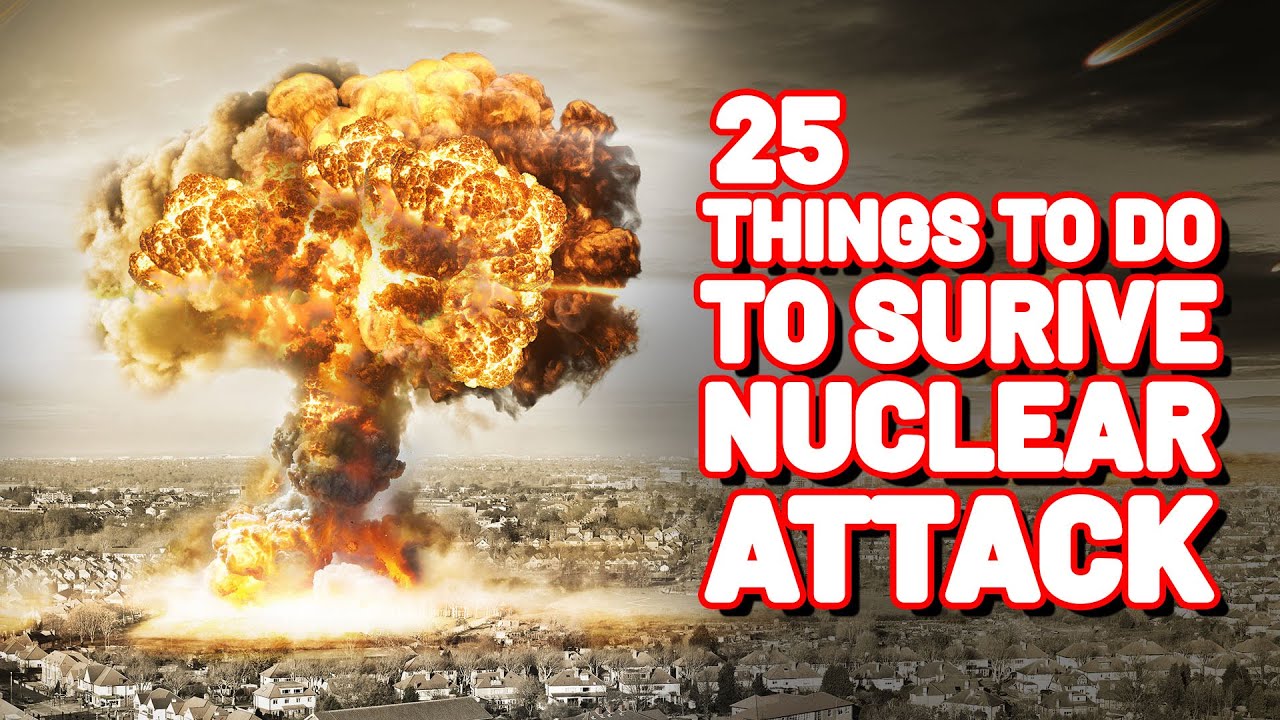
Do Not Drink Tap Water
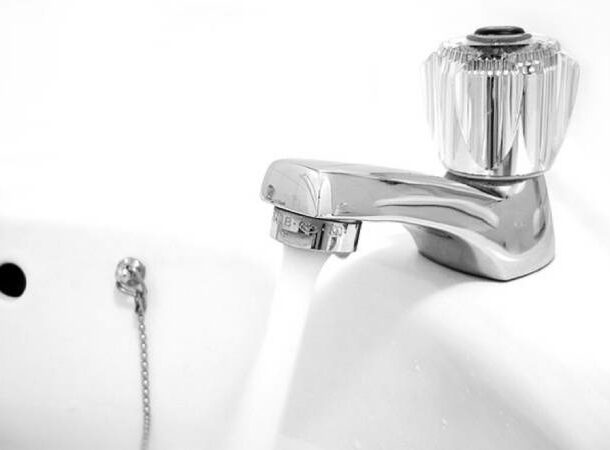
Avoid using tap water until it has been declared safe. Radioactive contamination can occur when radioactive particles are released into the environment due to a nuclear explosion. These particles can enter the water supply and make it unsafe to drink.
Moreover, don’t wash your hands or face with contaminated water. Wait until they are declared safe.
Stay with Your Family.
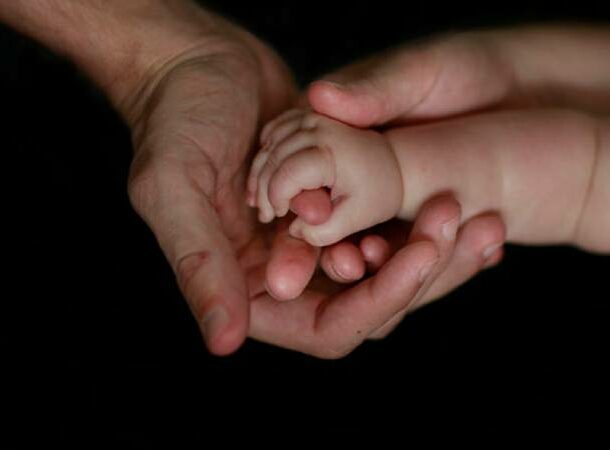
Stay calm and stay with your family or support group as they can provide emotional support and help you feel less alone during a stressful or uncertain time.
Suppose you are separated from your family or support group during a nuclear attack. In that case, you should try to find a safe place to shelter and follow the instructions of local authorities and emergency responders.
If possible, you should try to make contact with your loved ones to let them know you are safe and to find out if they need any assistance.
Keep a List of Emergency Contact Numbers.

Keep a list of emergency contact numbers, including the number for your local emergency management agency.
It is important to keep such a list with you at all times in case of a nuclear attack or any other catastrophe or natural disaster.
Stay Informed.
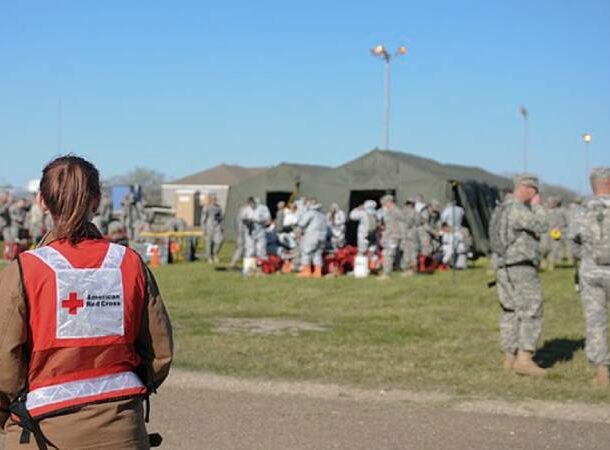
Stay informed and follow instructions from local authorities such as the police, fire department, and emergency management agencies. They are responsible for coordinating the response to a nuclear attack and guiding the community. They can access resources and information to help you stay safe and protect your health.
Do not rely on rumors or information from untrustworthy sources, as it may not be accurate and could potentially put you in danger.
Follow Medical Advice.

Follow any treatment recommendations provided by local authorities or medical professionals.
Medical advice can come from a variety of sources, including doctors, nurses, pharmacists, and
other healthcare professionals.
Cover Your Wounds.
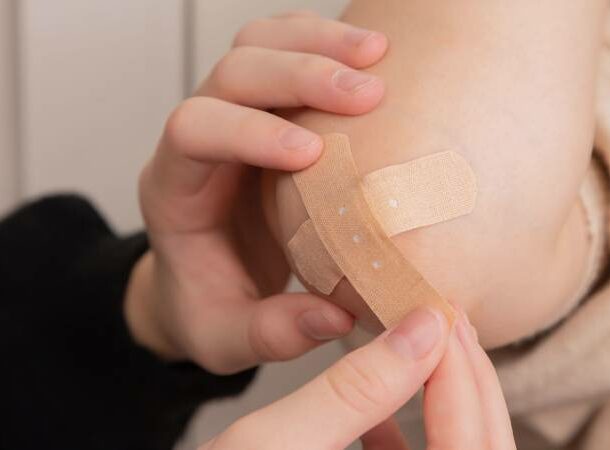
If you are injured, cover any open wounds with a clean, dry cloth to prevent infection.
Wounds can become infected if they come into contact with bacteria or other contaminants, leading to serious health problems.
If you cannot properly clean and treat your wound, or if the injury is severe, you should seek medical attention as soon as possible.
Stay Away from Floodwaters.

Stay away from floodwaters, as they may be contaminated with radioactive particles.
If you need to cross a flooded area, you should try to use a bridge or other elevated structure if available. If you must walk through the water, you should try to stay as dry as possible and avoid swallowing or coming into contact with the water.
Cover Your Mouth and Nose.
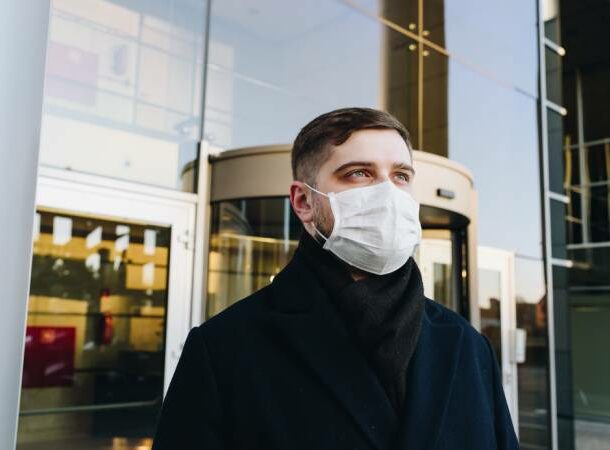
If you are outdoors when a nuclear attack happens, you should try to cover your mouth and nose with a cloth or mask to help filter out any radioactive particles in the air.
Do Not Use Elevators.
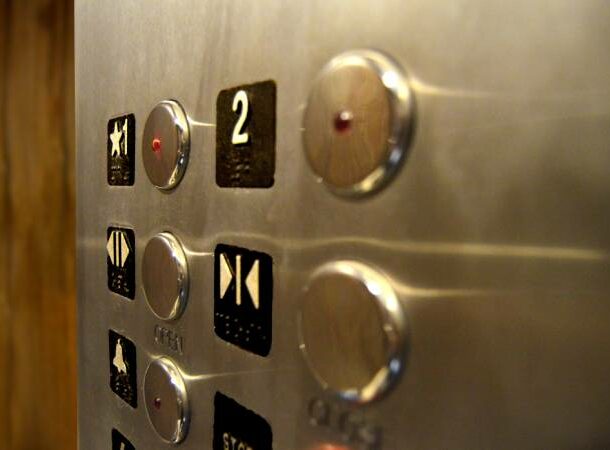
Avoid using elevators, as they may be damaged or not functioning correctly. In addition, the elevator shaft may be damaged or blocked, making it unsafe to use.
If a disaster happens and you’re inside an elevator, you should try to get off at the nearest floor and seek shelter as quickly as possible.
If the elevator is not functioning, you should stay inside and try to use the emergency call button or intercom system to call for help.
Do Not Use Public Transportation.
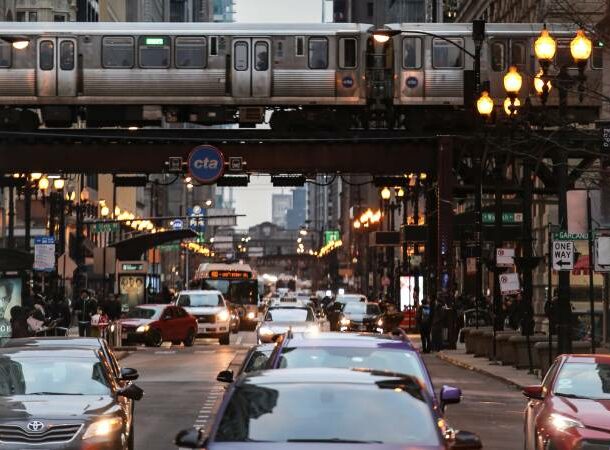
Avoid using public transportation as it may be contaminated with radioactive particles.
Use a private vehicle if possible. If you do not have access to a personal vehicle, you may need to walk or use other forms of transportation, such as a bicycle.
Stay Away from Debris or Fallen Power Lines.
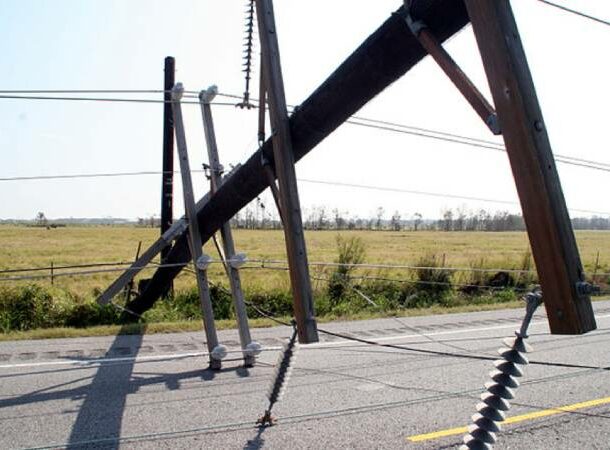
Stay away from any objects that may be contaminated with radioactive particles, such as debris or fallen power lines.
Stay Away from Damaged Buildings.
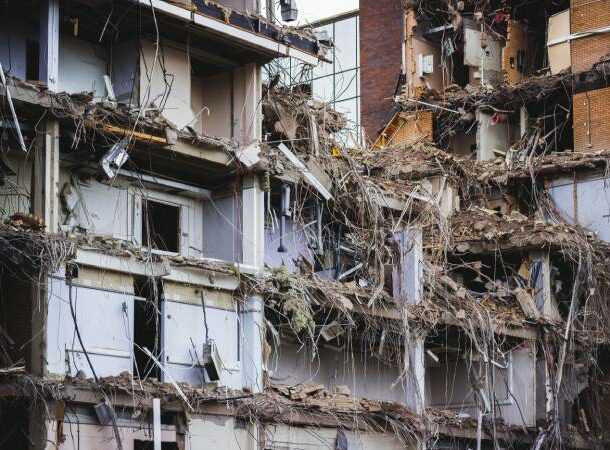
Please stay away from heavily damaged or potentially unstable buildings as they may be unstable and could potentially collapse.
If you are in a damaged building when a disaster happens, you should try to evacuate safely as quickly as possible. If you cannot leave, you should go to a room on the lowest floor, away from windows and exterior walls, and take shelter until it is safe to leave.
Follow Evacuation Orders.
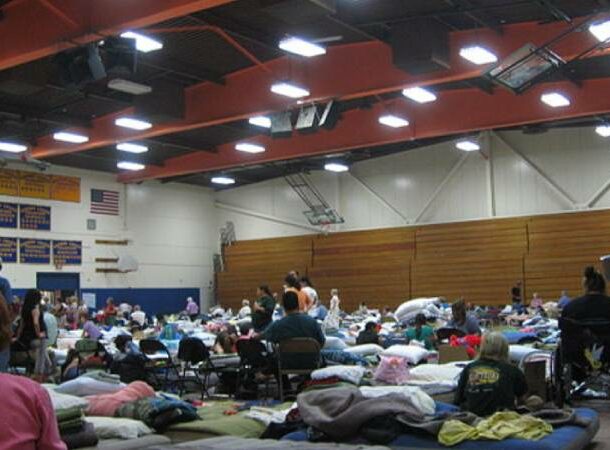
Follow any evacuation orders issued by local authorities.
It is important to remember that a nuclear attack is a very serious and potentially catastrophic event, and you should follow the instructions of local authorities and emergency responders to stay as safe as possible.
Do Not Use the Phone.
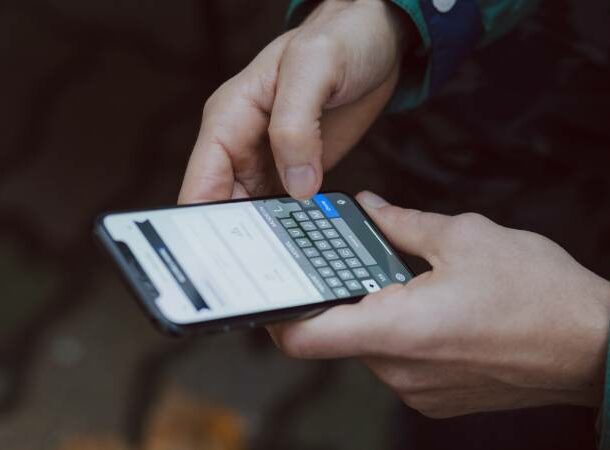
Avoid using the phone unless it is absolutely necessary, as the phone lines may be overloaded.
You should not use your phone unless it is absolutely necessary, as it could potentially overload the phone network and make it difficult for emergency responders to communicate.
If you need to use your phone during a nuclear attack, you should try to make brief calls to check on the safety of loved ones and to report any injuries or other urgent needs.
Wash Your Hands and Face Thoroughly.

Wash your hands and face thoroughly with soap and water to remove radioactive particles.
Washing after a nuclear attack would be best to remove radioactive material on your skin or clothing. This can help reduce the radiation you are exposed to and protect your health.
If you do not have access to water, you should try to wipe your skin and hair with a wet cloth or sponge to remove as much radioactive material as possible.
Remove Your Clothes and Shoes.

Remove your clothes and shoes if they were outside during the explosion, as they may be contaminated with radioactive particles.
Once you have found a safe place to shelter, you should remove your clothing and place it in a sealed bag or container to prevent the spread of any radioactive material.
Do Not Drink or Eat Anything That May Have Been Contaminated.

Avoid drinking or eating anything that may have been contaminated by radioactive particles.
Lie Flat on the Ground.

If you are caught outside and cannot find shelter, lie flat on the ground and cover your head and body with a coat or blanket to protect yourself from the blast and radiation.
Close Windows, Blinds, and Drapes.

Close windows, blinds, and curtains to reduce the number of radioactive particles that can enter your home.
Being indoors during a nuclear attack is generally safer than being outdoors, as it can provide some protection from the initial blast and radiation.
However, it is important to remember that a nuclear explosion is a very serious and destructive event, and there is no way to protect yourself from the dangers it poses altogether.
Stop Driving

If you are in a car, stop immediately and find shelter in a nearby building. Make sure the building is not visibly damaged.
Take Cover
If you are inside a building, take cover in a basement or other underground area, if possible.
Seek Shelter
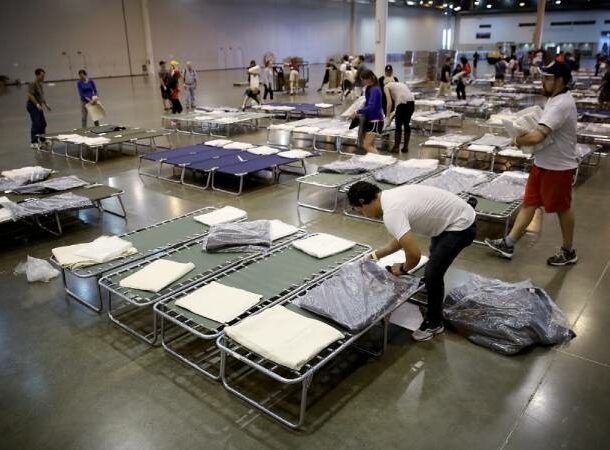
If you are outside when a nuclear explosion takes place, find shelter! Make sure that the building is not visibly damaged.
Stay Tuned to Local News
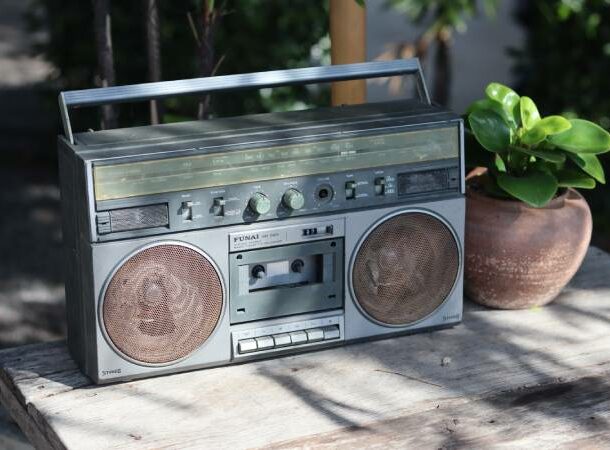
Stay tuned to local news and emergency alerts for updates and instructions.
Follow local news outlets on social media platforms: many local news outlets have a presence on social media platforms such as Facebook, Twitter, and Instagram. By following these accounts, you can stay updated with the latest news from your community.
If the Internet is down, listen to local radio stations: many local radio stations will provide news updates throughout the day in case of a nuclear attack.
Keep an Emergency Supply Kit
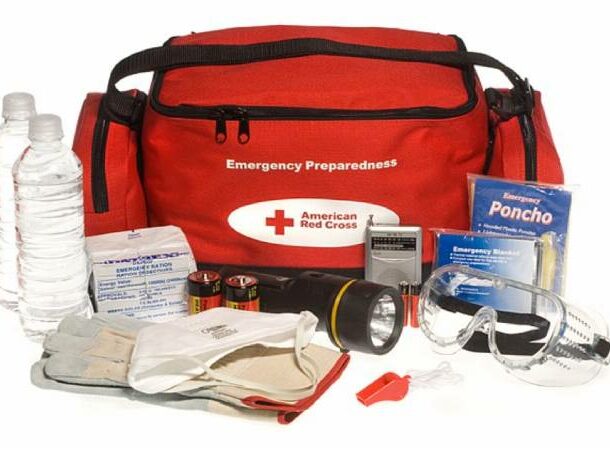
Keep an emergency supply kit, including non-perishable food, water, a flashlight, a battery-powered radio, and first aid supplies.
Having an emergency supply kit on hand is a good idea in case of natural disasters or other unforeseen events.
Find Out If There Are Any Designated Shelters Around
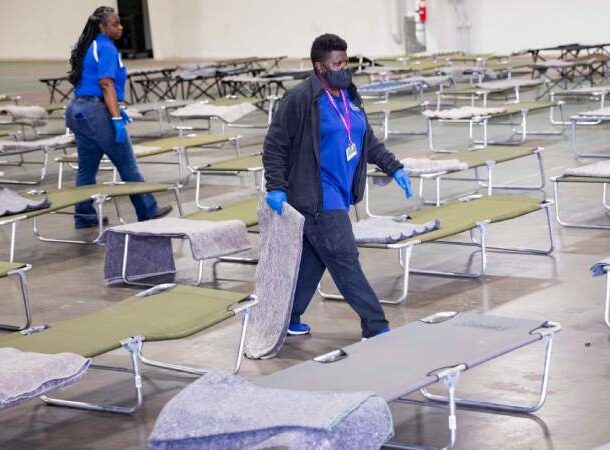
The first thing you need to do when preparing for a disaster is to locate all the shelters in your area. That way, when a disaster happens, you know exactly where to go!



























